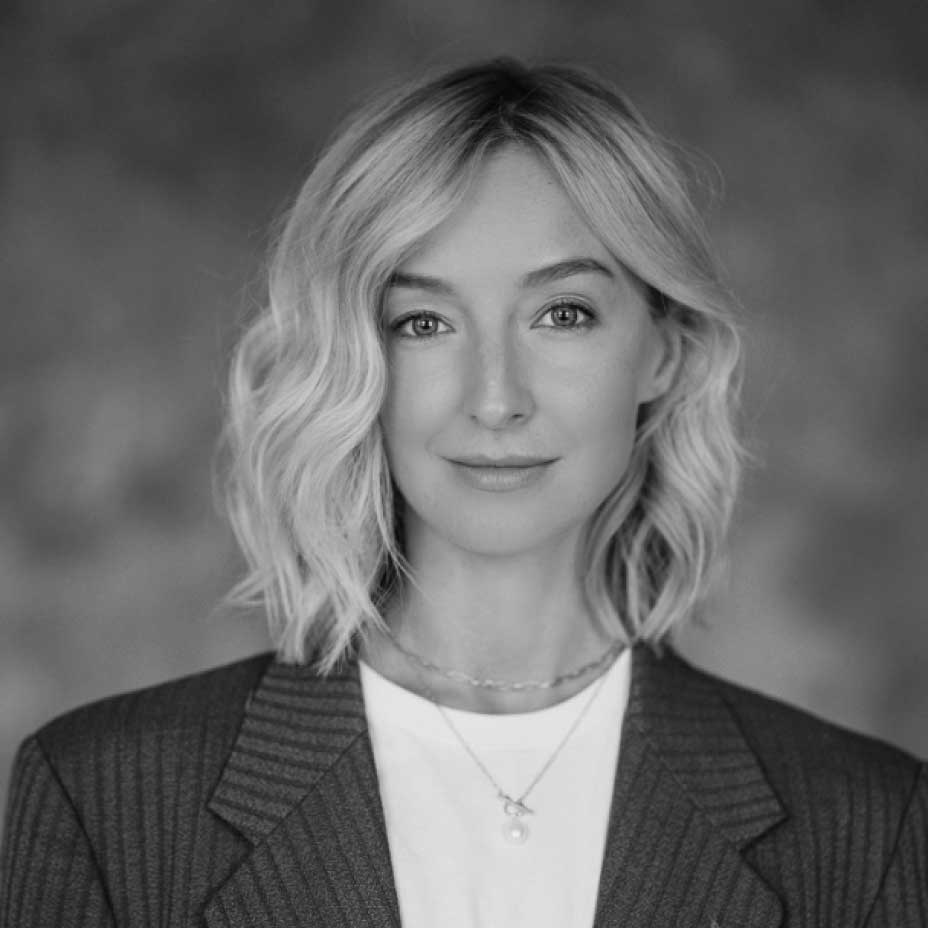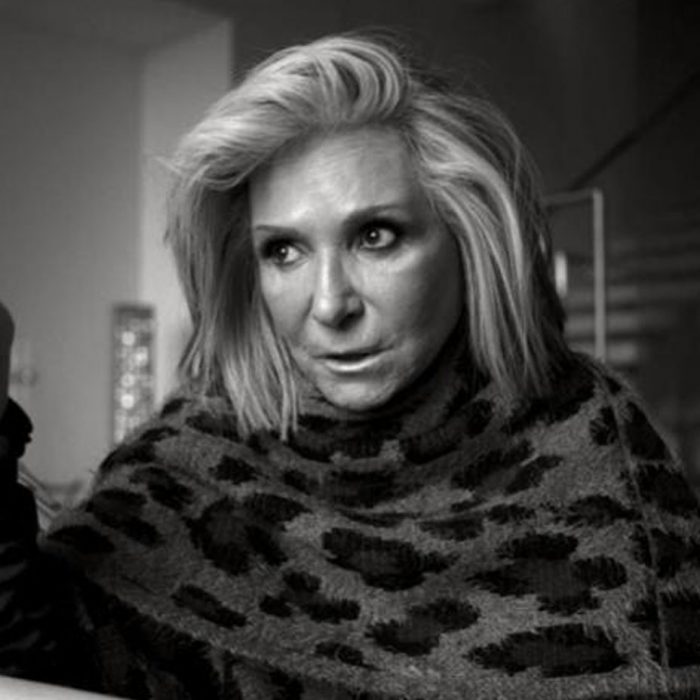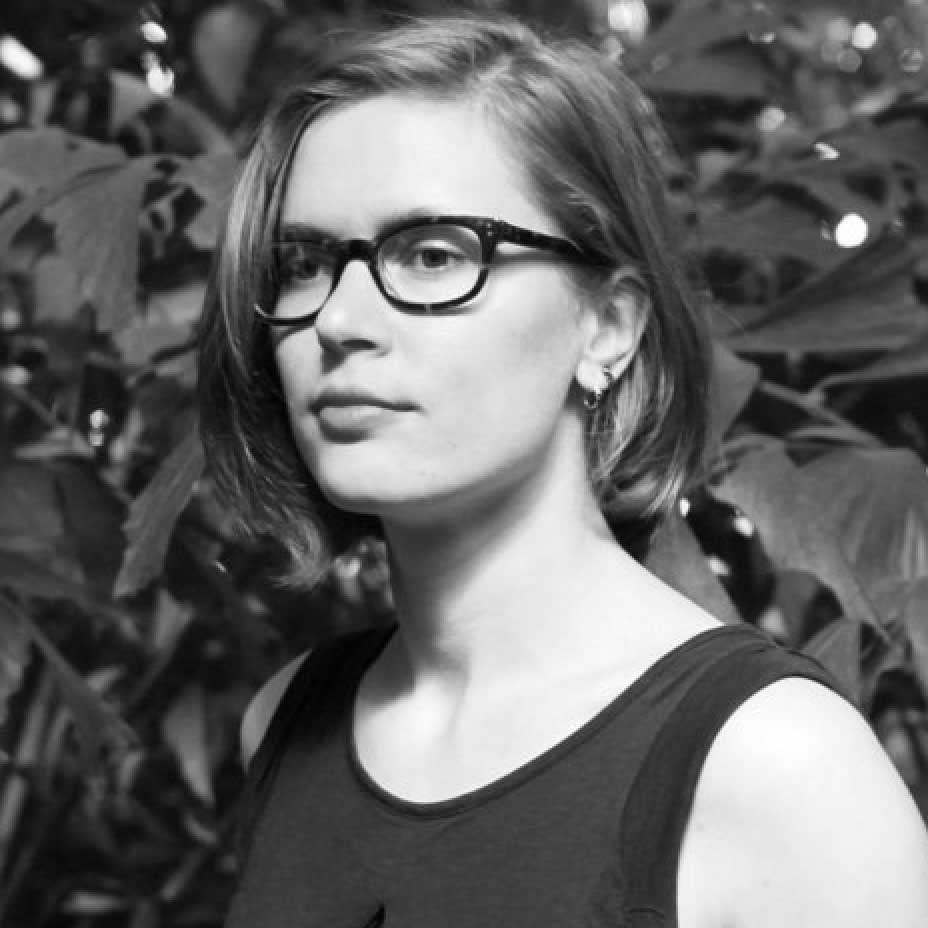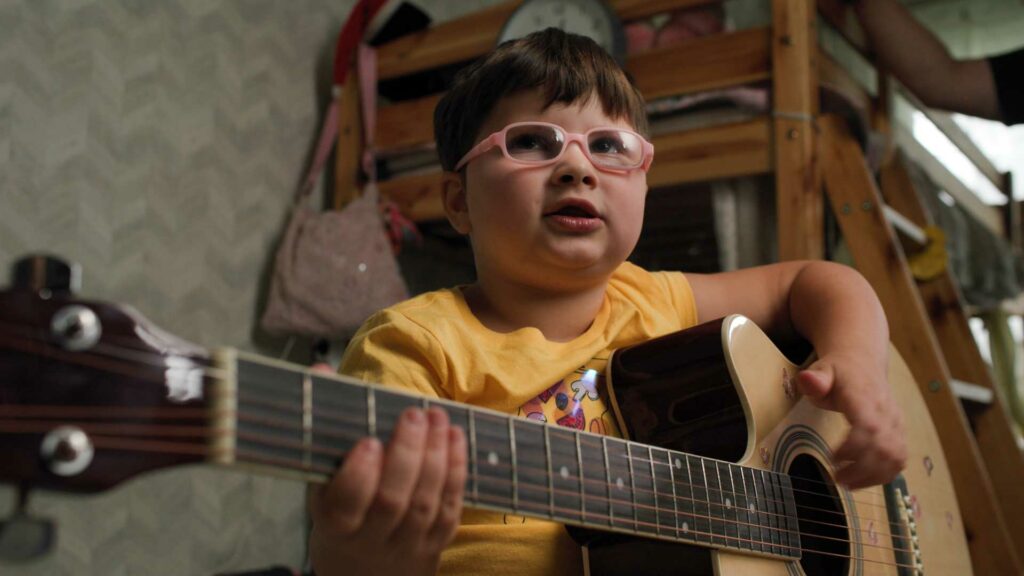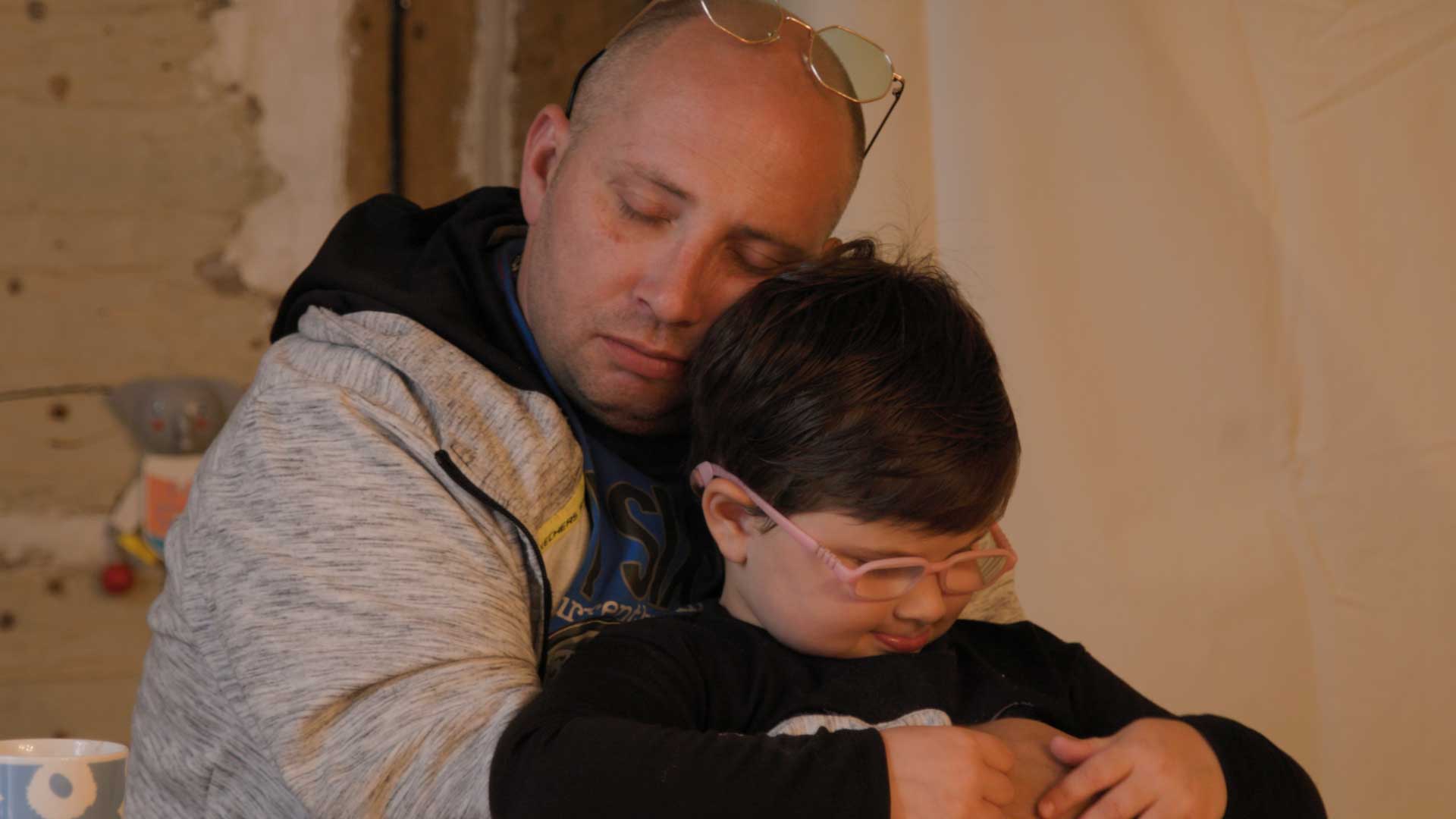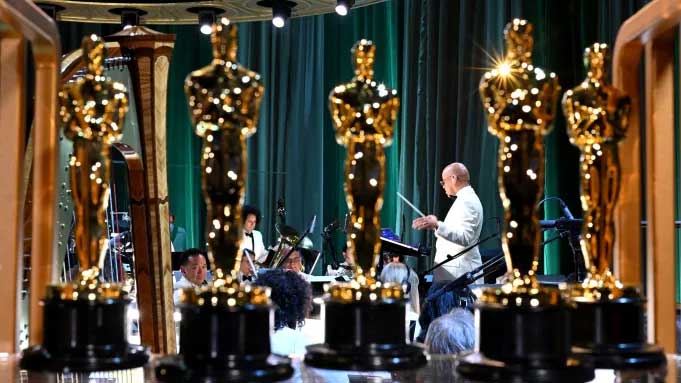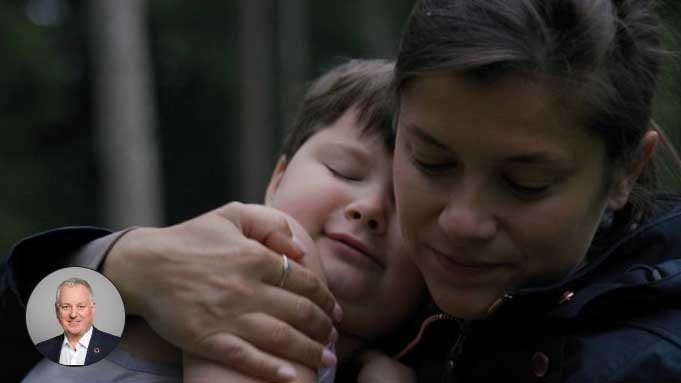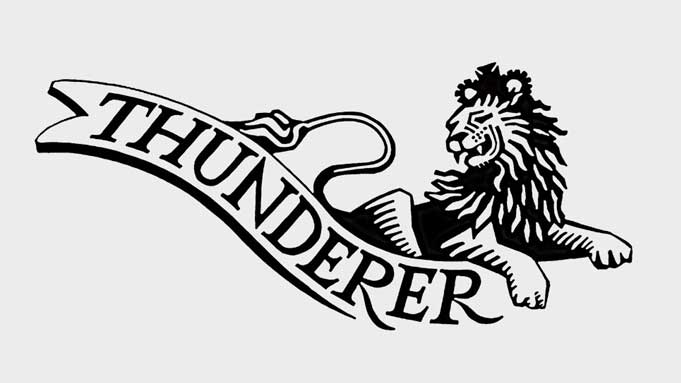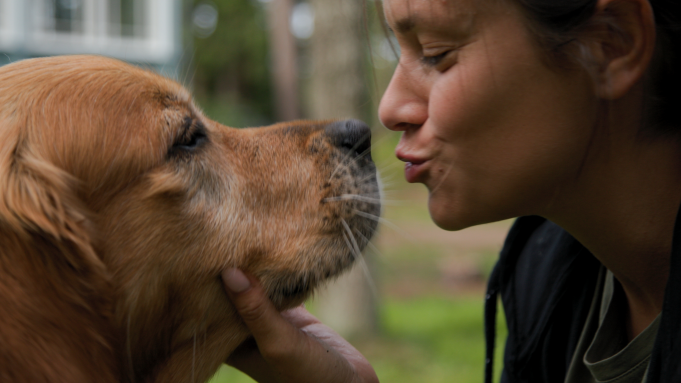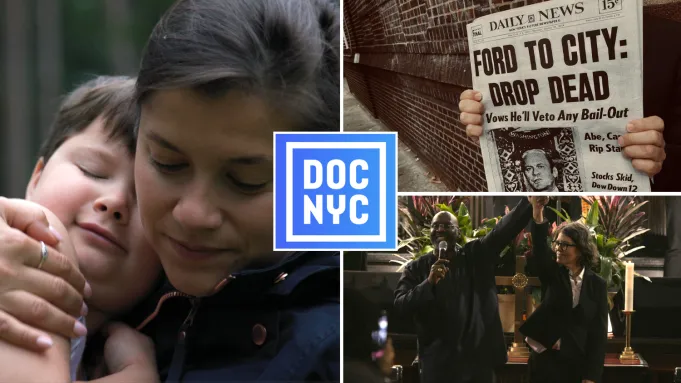The Story
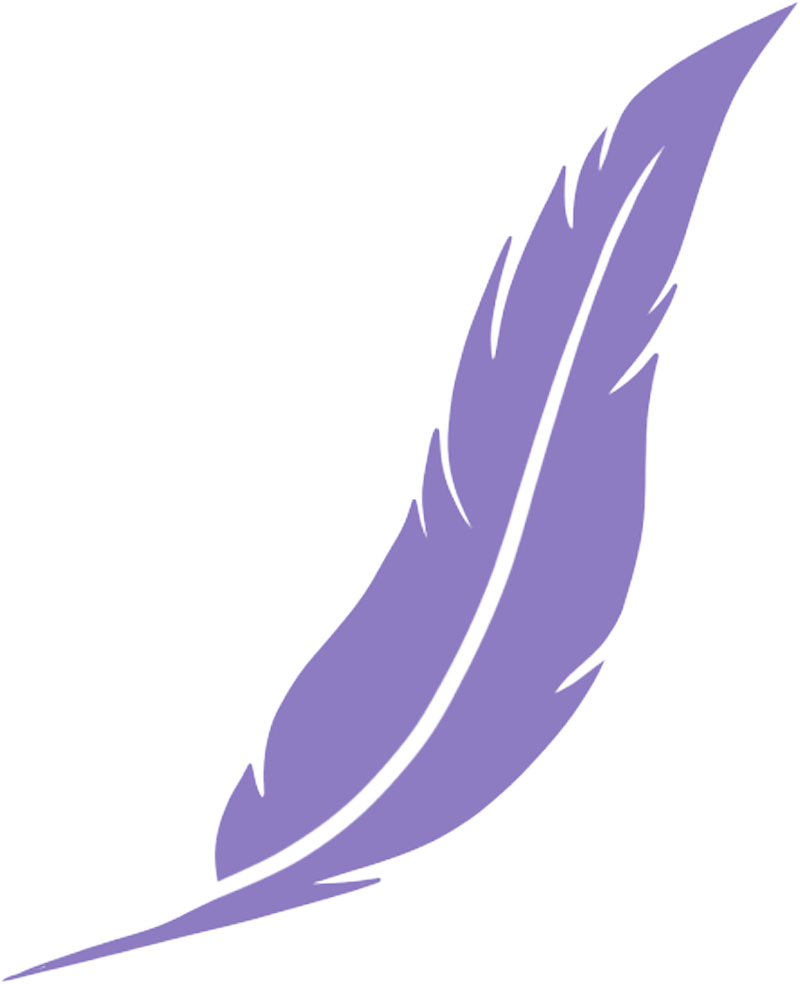
Deep in a forest by the Baltic Sea, a group of Ukrainian families come together to start the healing process with the help of golden retrievers and palamino horses at an animal therapy retreat. In the safety of the forest, the children’s memories of being illegally deported to Russia and their families’ struggles to rescue them are unraveled with the help of skilled and sensitive counsellors. The joy and humour the children discover during their time in the forest make it easy to forget that their stories are the reason the International Criminal Court recently issued an arrest warrant for Vladimir Putin. Nearly 20,000 abducted children remain in Russian institutions.

